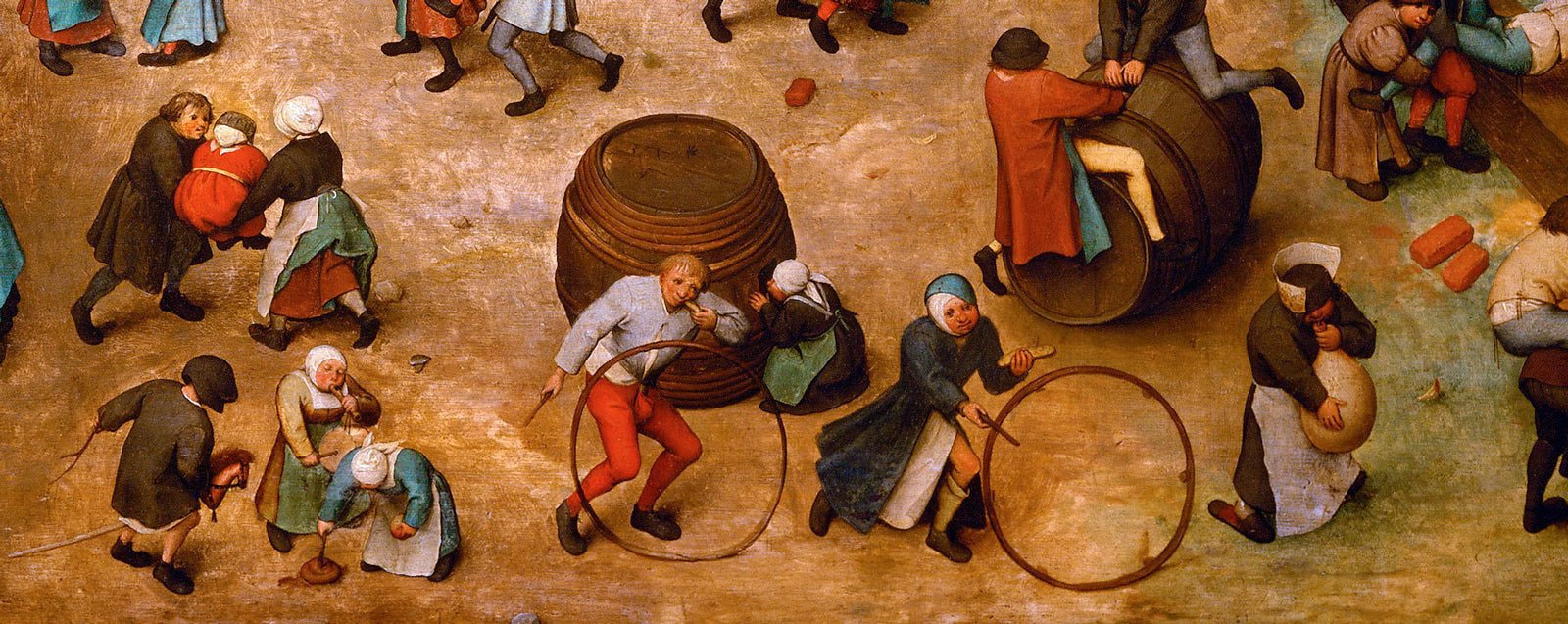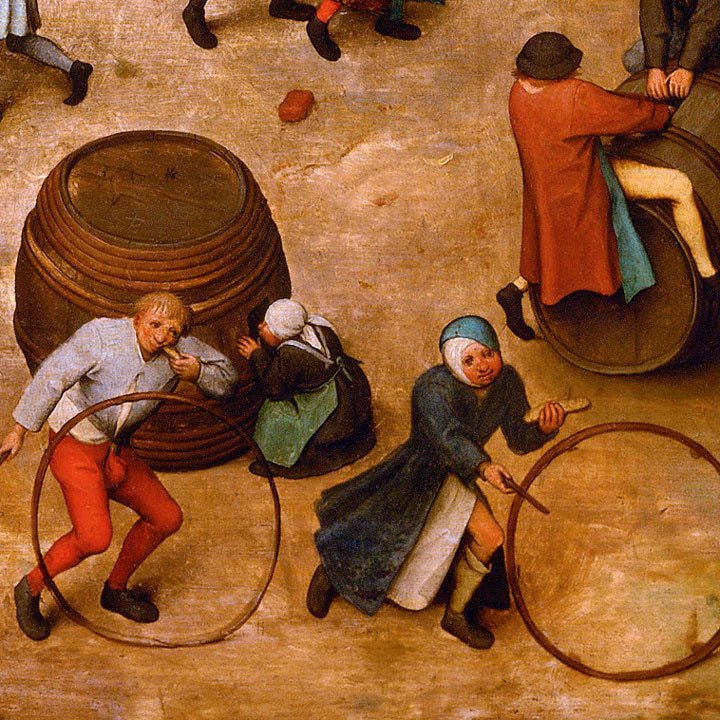The lecture will focus on the anthropological notions of labor and game.
Homo faber and homo ludens represent two different philosophic conceptions. The first refers to a human being who uses intellect for producing artificial objects and thus controls the outer world. The second introduces a “playing” man, concentrated on leisure and entertainment. And even though it may seem that the first theory describes something utilitarian and useful, while the other is dealing with something marginal, for the development of culture and the humankind itself both notions are equally important.
“In the course of time we have come to realize that we are not so reasonable after all as the Eighteenth Century, with its worship of reason and its naive optimism, thought us; hence modern fashion inclines to designate our species as Homo Faber: Man the Maker. But thoughfaber may not be quite so dubious as sapiens it is, as a name specific of the human being, even less appropriate, seeing that many animals too are makers. There is a third function, however, applicable to both human and animal life, and just as important as reasoning and makingnamely, playing. It seems to me that next to Homo Faber, and perhaps on the same level as Homo Sapiens, Homo Ludens, Man the Player, deserves a place in our nomenclature.” (Johan Huizinga. Homo Ludens. 1938)

